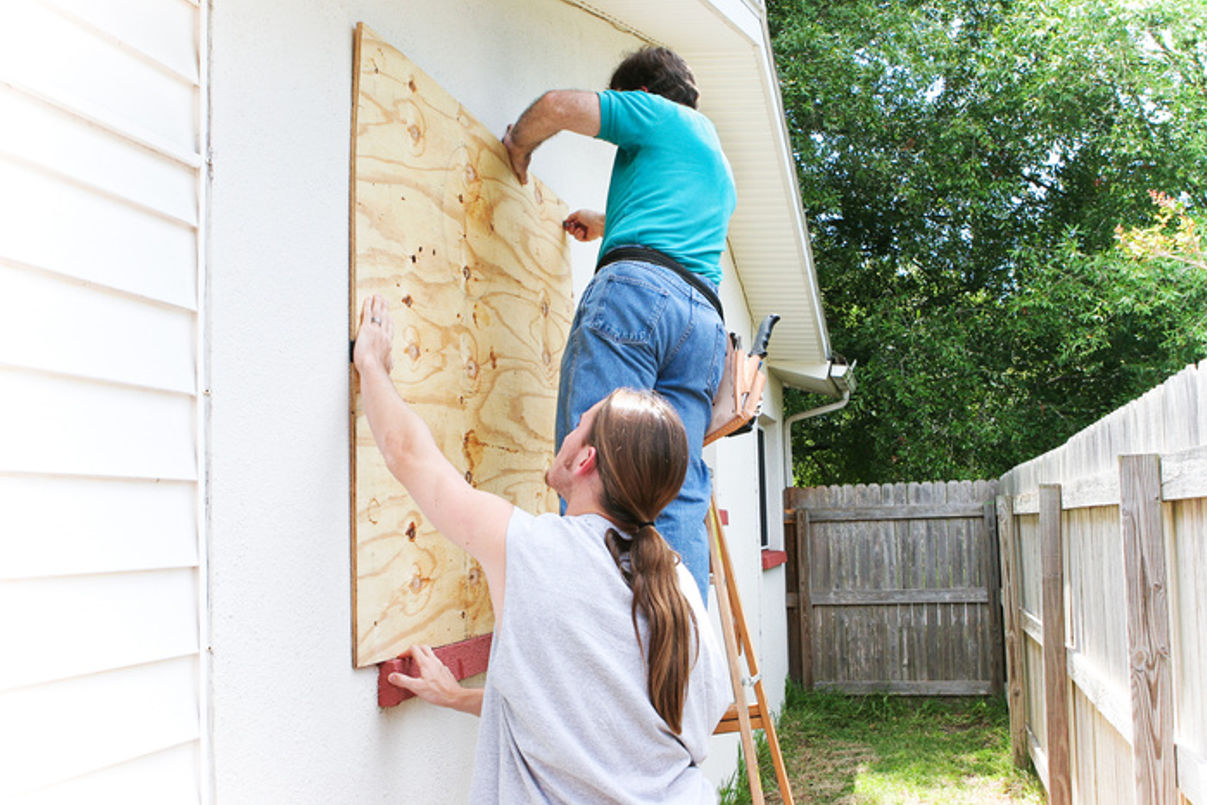Disaster Preparedness Checklist
Disaster Preparedness… Proactive Not Reactive
There is always the possibility that a disaster may affect your community. Whether it be a tornado, a flood, a hurricane, snowstorm, duststorm or human related disasters, it is better to have a plan to handle it before it happens than to react after it happens.
Many Boards of Directors spend considerable time, effort and money planning for the betterment of the community. Tough decisions are made on the different varieties of flowers at the front entrance, the color of tile or carpet in the clubhouse and what type of social activities they will offer. While these types of decisions are necessary, the Board should always keep in mind the main goal of the association business.
The association’s main goal should be stated in their mission statement. Every association has basically the same mission statement: To repair, replace and maintain the common areas of the community thereby enhancing the value of the property on behalf of the owners. Enforcing the covenants, while maintaining a spirit of community.
It is the ethical responsibility of the governing body of the association – the board of directors – to fulfill the mandate to focus its concerns toward the property. It is incumbent upon the board to spend some time creating disaster preparedness plans. Most likely the manager will compile the actual information, but the Board must give the manager the direction, cooperation and time to do so. Is the contemplation of a disaster a pleasant task? Not in the least, but when the plan is finished, the Board can pat itself on the back and say “job well done”. Now, let’s hope you never have to use it. But if you do, the plan is there.
Following are some of the best practices and suggestions used by managers over the past several years. These managers were privileged to have boards that took the high road and helped their managers to make plans for the foreseeable disasters that could happen on their property.
HURRICANES AND TORNADOES
- Establish and maintain good relations with emergency services
- Pre-contract with vendors each year with details on how soon they will arrive after the “all clear”
- Pre-determine a staging area for debris
- Pre-contract for dumpsters for debris
- Purchase battery powered walkie-talkies for communicating to employees and vendors when clean up begins (cell phones and Nextel may not work)
- Pre-determine a remote office site; reestablish office routine as soon as possible
- Use the association’s telephone voice mail outgoing message to give information to residents who will undoubtedly be calling you (you do not need to be on the phone talking to them now.
- Use the Association’s website to keep evacuated residents informed (designate a volunteer to do this) OR have a volunteer from each block or building make phone calls to alert owners
- If you have a manned gate, make sure the attendants and the residents know at what point the attendants will be sent home (if that much warning) and that the gates will be locked in the open position to provide emergency ingress and egress
- Inform residents ahead of time what the Board and management staff will and will not be doing for them before, during and after the storm event
- Encourage residents to make their own preparations and evacuation plans to have their own NOAA radios; www.weather.gov/nwr
- Board members should have a list of each other’s phone numbers, next of kin contacts, and vital information (type of vehicles, tag numbers, etc) to enable contact and for security purposes.
- Be aware of and publish the locations of emergency shelters and local evacuation routes
- Pets should never be left behind -be aware of shelters for pets or pet friendly shelters
- If a hurricane: plans to shut down and secure clubhouses and other amenities; furniture storage; electric shut offs; water shut offs are a must.
- Make sure copies of important papers and files are kept safe and can be moved at a moment’s notice.
- Publish a priority repair and reinstatement list, so residents will be aware of what will be restored first in the community
If possible:
- Stock a closed utility trailer with emergency supplies, recovery equipment and tools such as first aid kits, chainsaws, ladders, rope, tarps, tape, hammers, flashlights and lanterns, extension cords, squeegees, mops, gloves, boots, rain slickers, etc. (remove it from site when you evacuate and bring it back when you return)
After a storm, Hurricane or Tornado, have enough:
- Cash to pay employees and vendors
- Fix A Flat supplies (keep a box full)
- Blue tarps
- Duct tape
- Sturdy shoes and gloves
- Ice & water
- Fuel & plastic gas containers
Floods:
- Adjust water in ponds and lakes
- Prepare sand bags
- Clean storm drains
- Have submersible pumps on hand
- Dumpsters for debris
- Debris staging area
- Afterward, contact water removal and mold remediation companies (for condos or common area amenities affected)
Fires, whether wild fires or domestic:
- Publish emergency contact numbers
- Contact Insurance company
- Have a list of vendors who can provide clean up and removal of debris
Other crises to consider:
- Wild animals and reptiles (coyotes, bobcats, bears, pigs, skunks, etc)
- Mosquitoes and termites
- Rat, pigeon or duck droppings
- Bat or bee infestation of roof and eaves
While not as devastating as the incidents listed above, can cause health problems to residents or damage to common areas and should be dealt with.
FEMA.gov has an excellent web site with information on cleaning up after the storm; contacting your insurance company and making insurance claims; government assistance that is available. The Red Cross also has an excellent website for reference. Plan now, be prepared later. You may not be able to stop the disaster, but the aftermath will be far easier to deal with.

